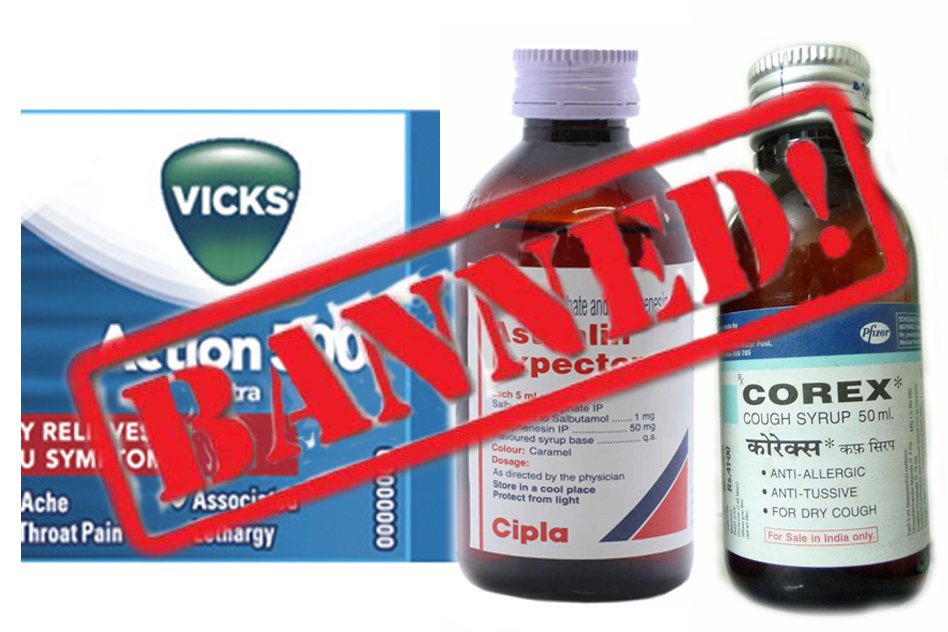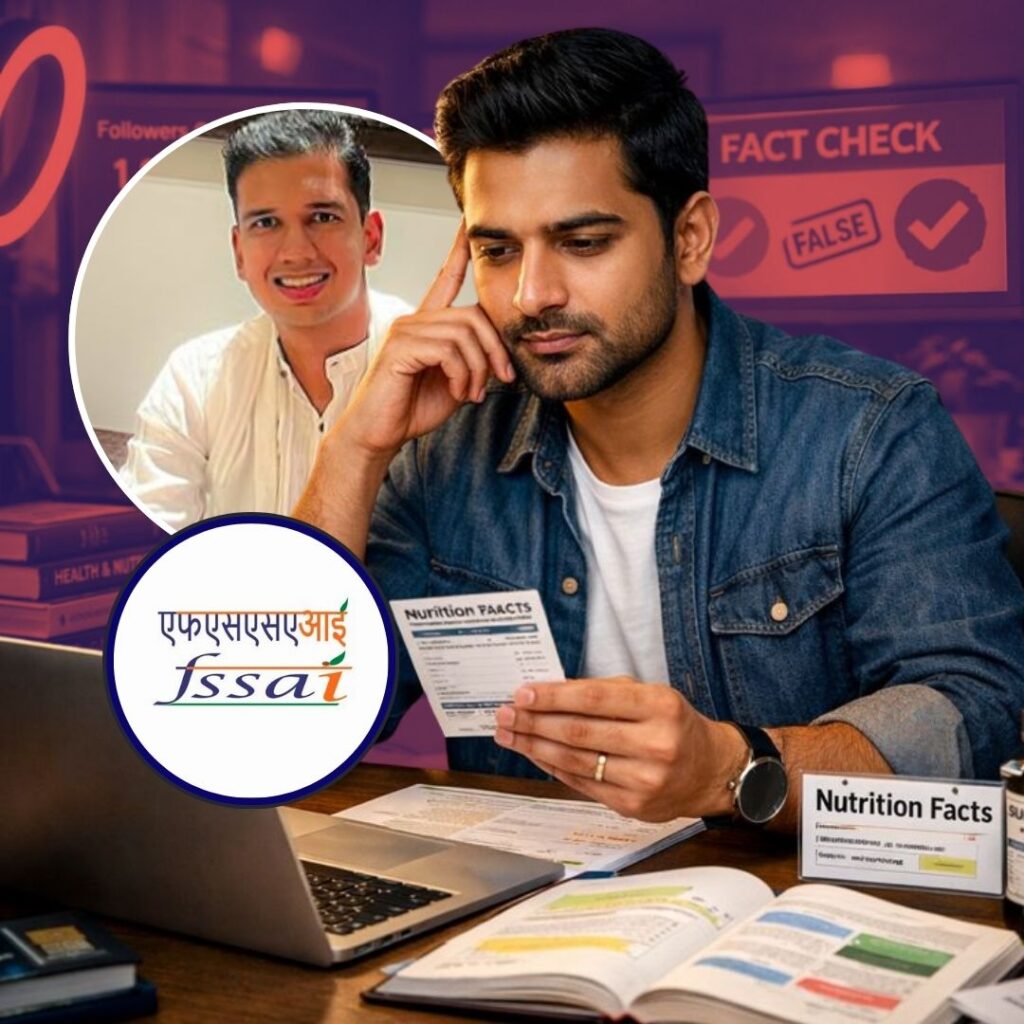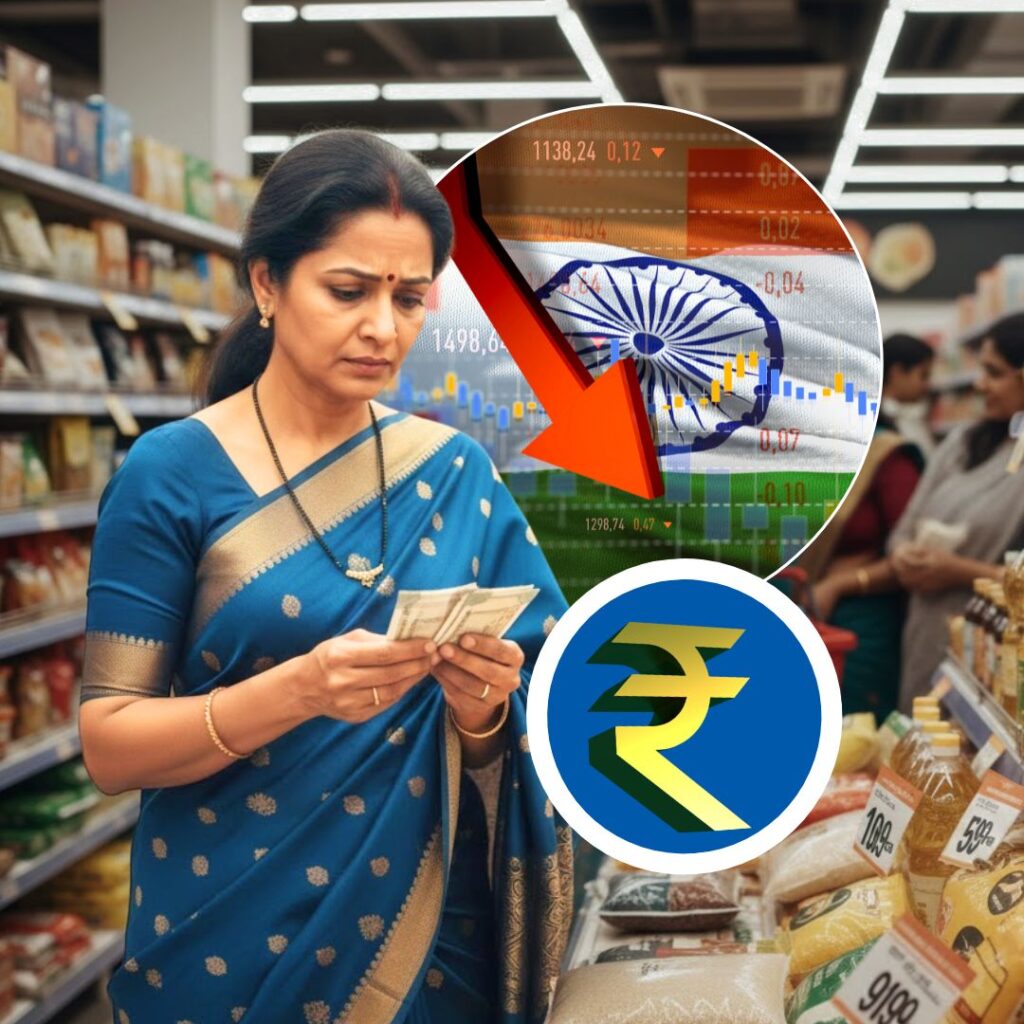Source: Hindustan Times
On 10th March, 2016, the government banned the use of fixed dose combination drugs produced by several companies.
The list of drugs that may go off the chemists’ shelves:
- Procter and Gamble (P&G): Vicks Action 500 Extra
- Abbott: Cough Syrup Phensedyl, Tossex and triple combination diabetes drug Tribet
- Cipla: Triple combination diabetes drug Triexer most impacted
- Pfizer: Cough Syrup Corex
- Lupin: Triple combination diabetes drug Gluconorm most impacted
- Wockhardt: Zedex cough syrups, Ace Proxyvan impacted
- Glenmark: Most of the impact is on account of Ascoril range of cough syrups
- Ipca: Zerodol P (Paracetamol + Aceclofenac)
- Sun Pharma: The most impacted is triple anti diabetes combination drug Gemer P (Meltformin + pioglitazone + glimeperide)
- Alkem: Sumo (Nimesulide + Paracetamol) and Taxim AZ (Azithromycin + Cefixime)
- Mankind: The impact is spread across multiple products
- Macleods: Panderum Plus
The sale of cough syrup Corex and Phensedyl produced by drug majors Pfizer and Abbott respectively have already been stopped from Monday. US drugmaker Abbott Laboratories accounts for almost a third of the Indian cough syrup market and the sale of Phensedyl is estimated to constitute 3% of Abbott’s $ 1 billion Indian revenue.
What does a combination drug mean?
A combination drug refers to that medicine in which several drugs are combined in order to enable a patient to take one medicine instead of several. Thus, it enhances patients’ compliance. Unfortunately, there has been inconsistent enforcement of drug laws in India. Instead of approval by central government there has been regulation by state governments, leading to proliferation of combination drugs.
By 2014 more than 6000 such drugs were in market only by state approval. Hence, the Health Ministry gave pharmaceutical companies an opportunity to prove the safety and efficacy of these drugs on the basis of submitted data. A committee was set up to classify the drugs into rational, irrational and those that need further studies based on the data received.
Concern behind the review:
According to doctors and public health experts in India and abroad, increasing use of combination drugs is dangerous since there is an alarming risk of antibiotic resistance in patients. They opine that it did not make sense to prescribe such drugs for cold and fever. The market share of combination drugs versus single drugs in India is the highest in the world.
In December last year, Reuters had reported that a powerful antibiotic cocktail sold in India by companies like Abbott and local drug makers was not even approved by the central government. It is to be noted that many combinations were not even approved for sale in countries like the US, UK, Germany, France, Japan and Australia.
Current status of these drugs:
KL Sharma, a joint secretary at the health ministry has told the Reuters, “Now based on responses (and) assessment of products, more than 300 drugs have been prohibited.” Although he did not name the drugs, an official notice is expected to be issued in a few days. No comment has been made by the Drug Controller General of India.
However, the move might hugely affect the profits of various companies unless they launch new products quickly to retain a large number of sales, opines Nomura.
Delhi High Court stays the ban:
Various drug makers had filed a petition in Delhi High Court challenging the ban. Their argument is that though those drugs had been in circulation for several years, the government had not granted any show cause notice to seek explanation earlier. They would like to explain the compliance with respect to safety. On the other hand, the government asserts that there is no obligation to serve a show cause notice since it is a matter of public interest.
In view of this debate, the high court has stayed the ban on Pfizer, Abbott and MacLeod till the next hearing on March 21st. It has also asked the government to explain its position and actions behind the March 10th notification, as reported by Ashmit Kumar of CNBC-TV18. No coercive action can be taken against the companies as of now. However, the stay on the ban is not extended to all the drug makers.
The Logical Indian cautions the readers to be updated regarding the likely ban. It is a matter of grave public concern on which the lives of thousands of patients depend.












